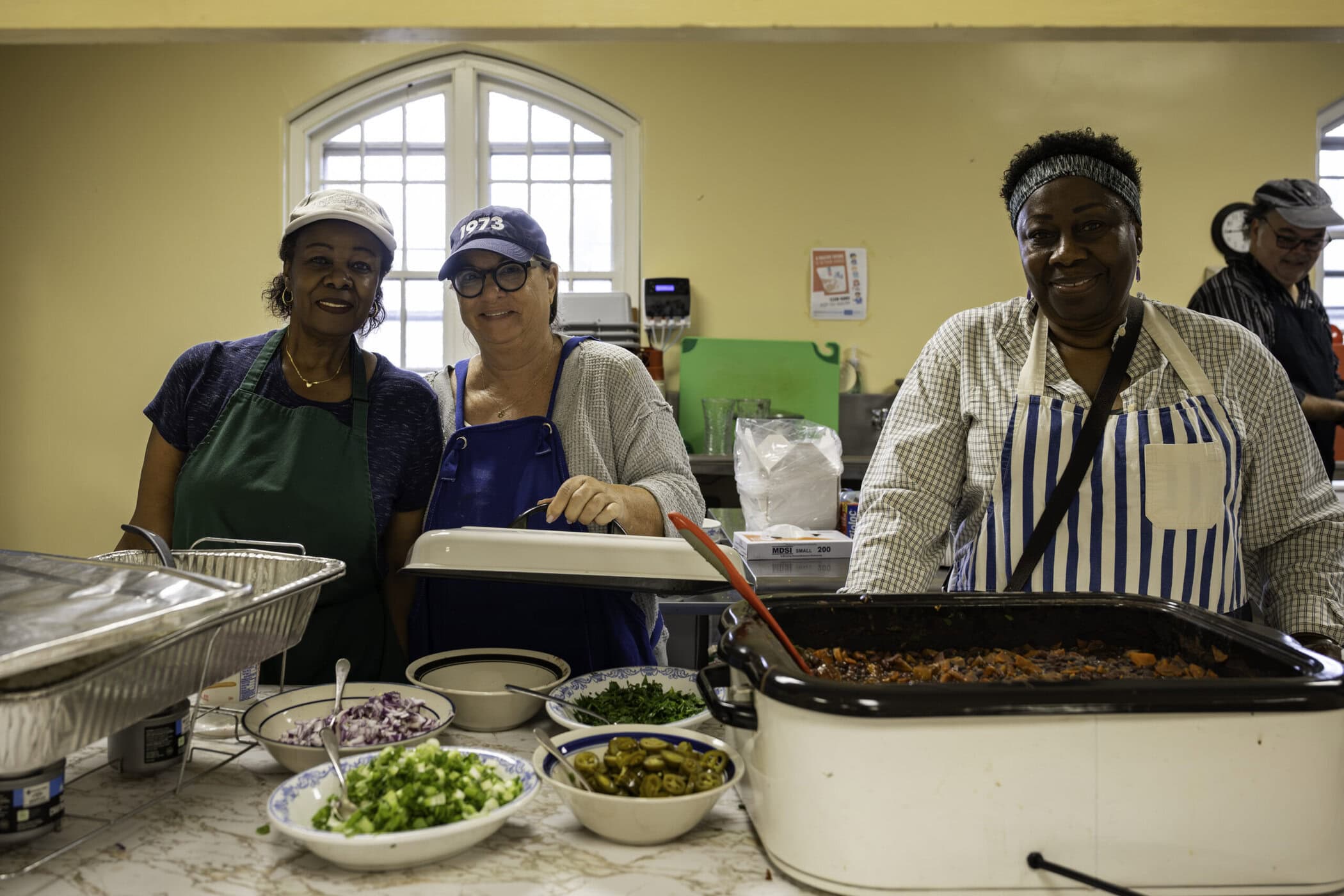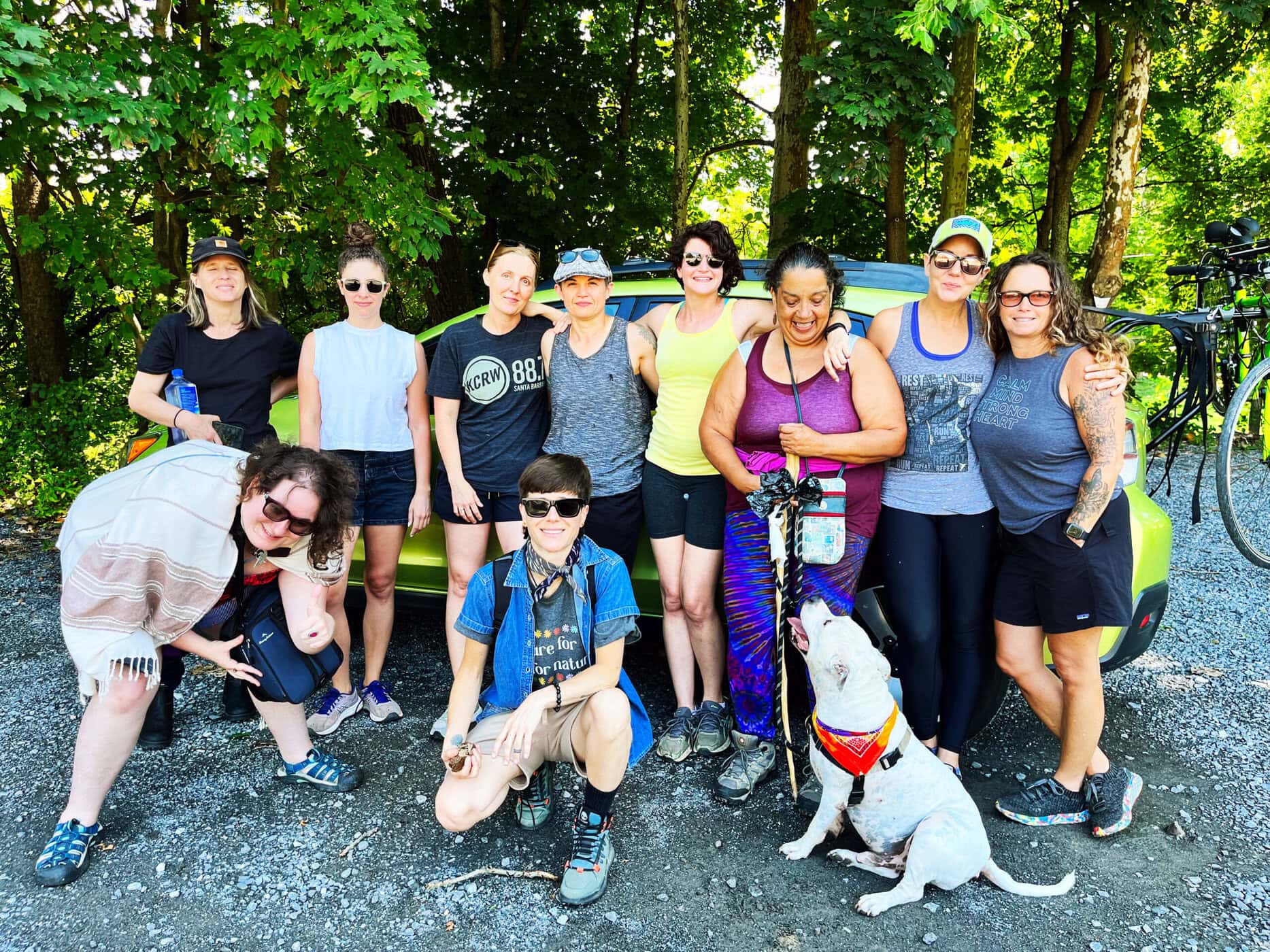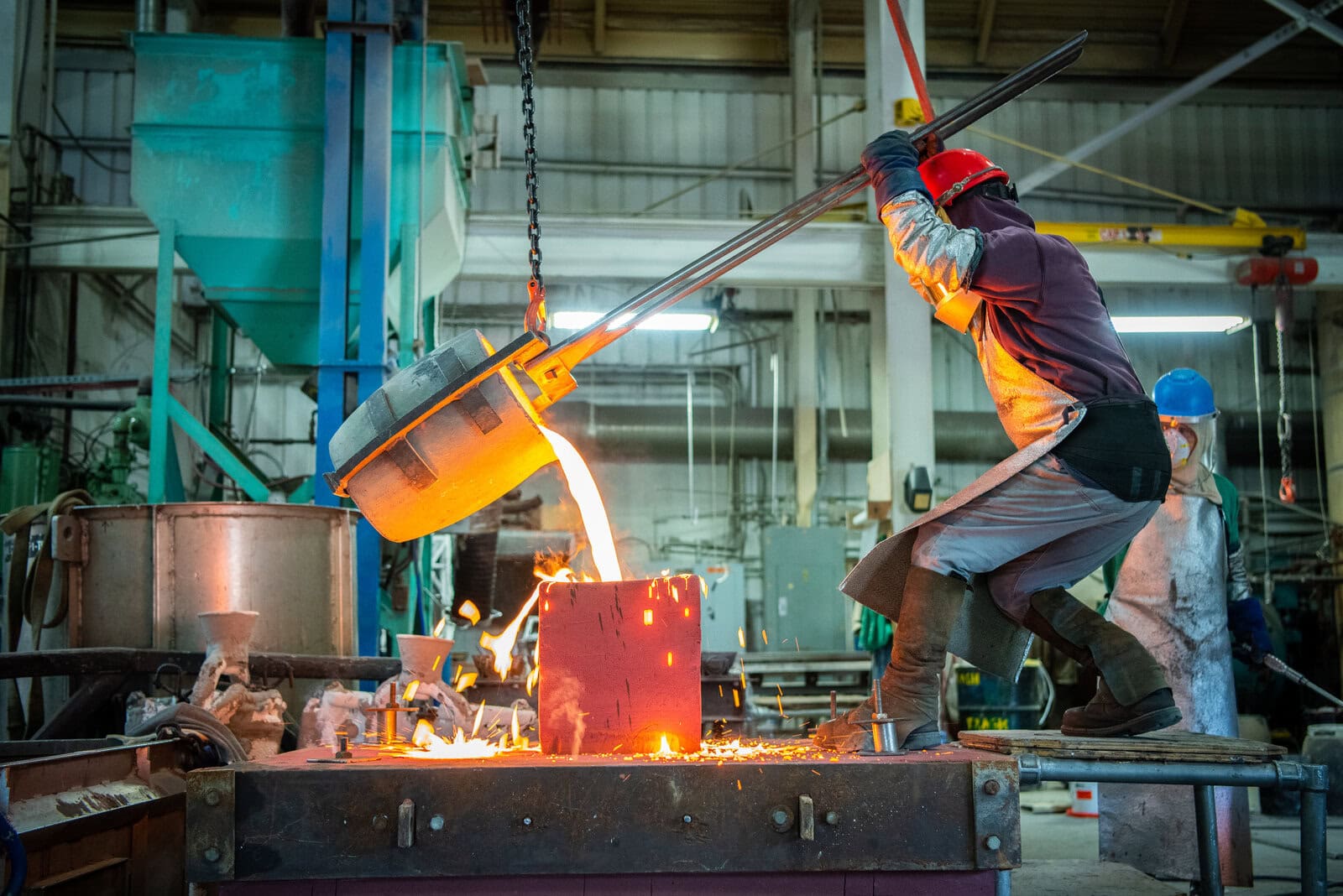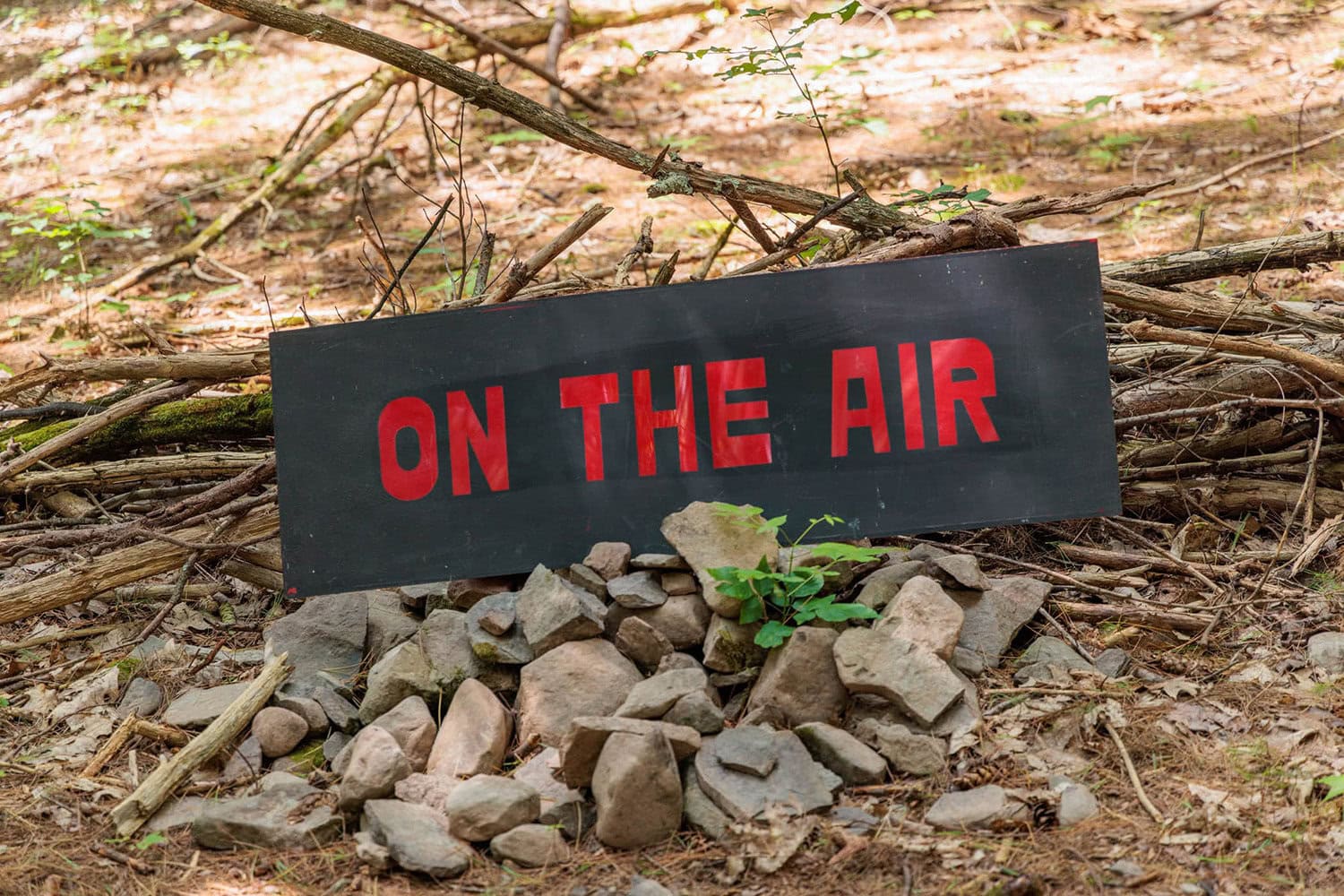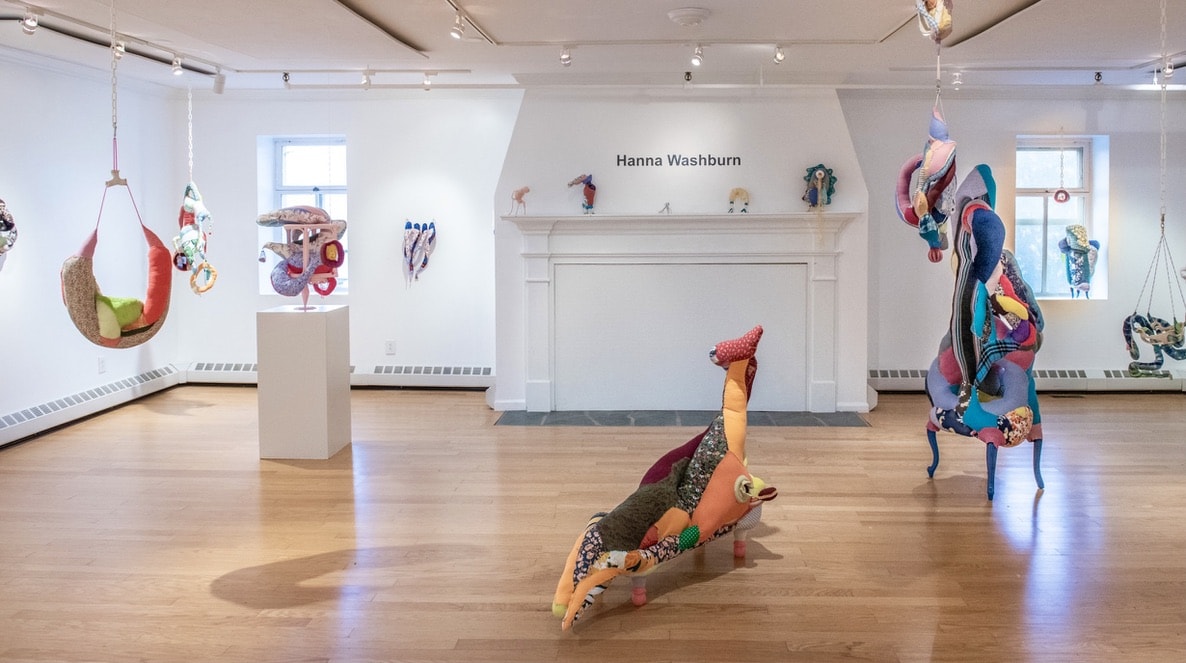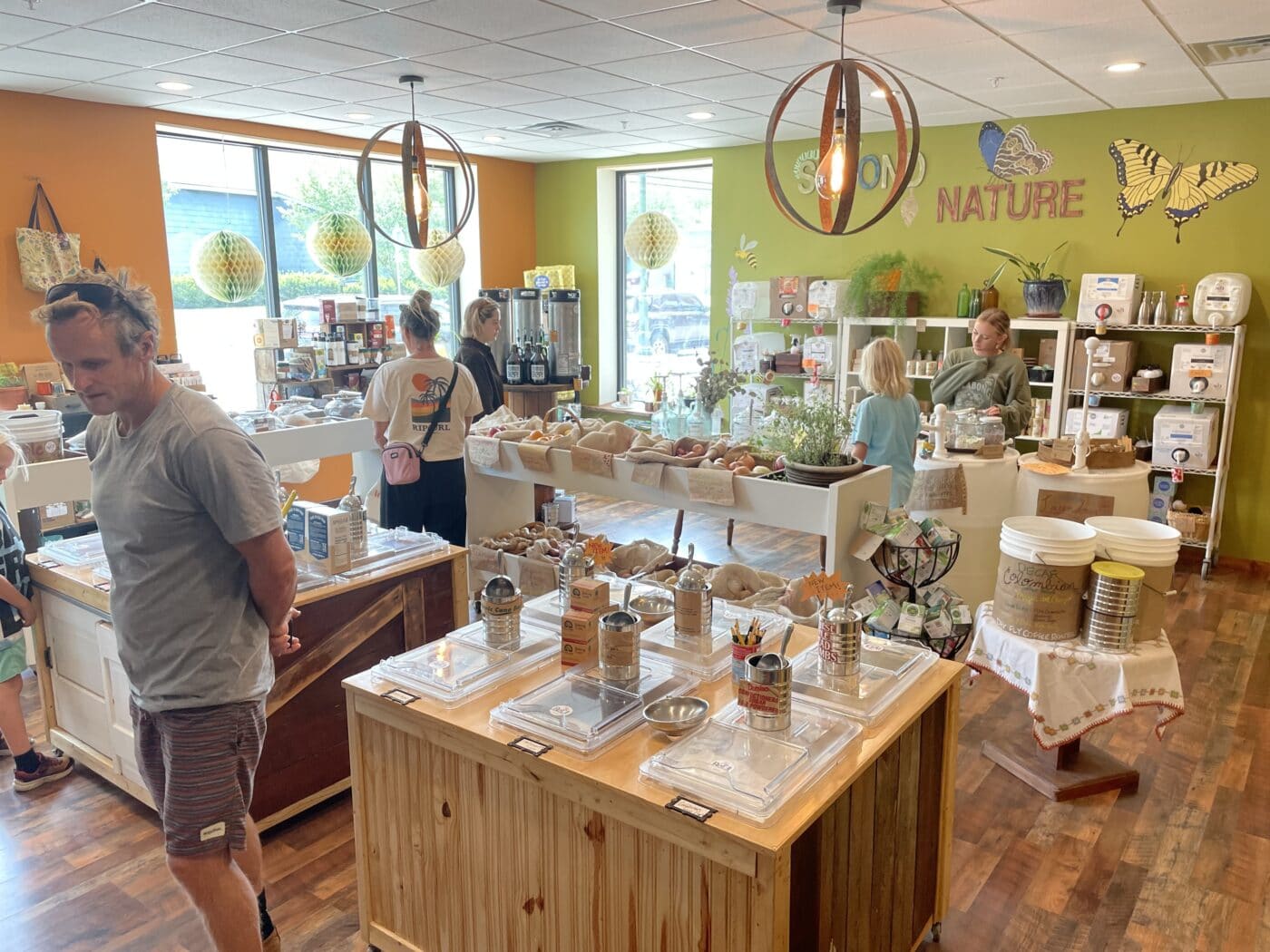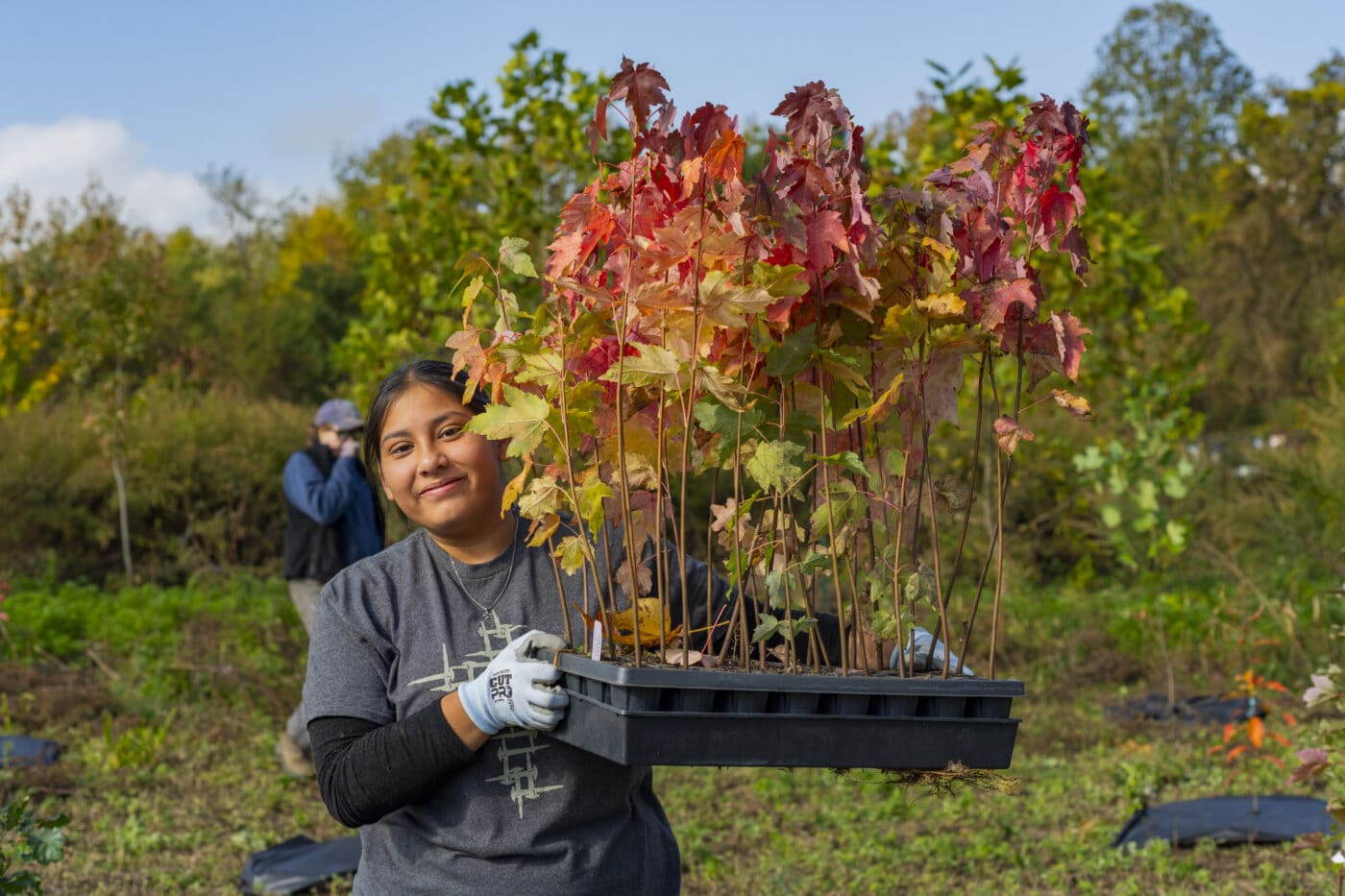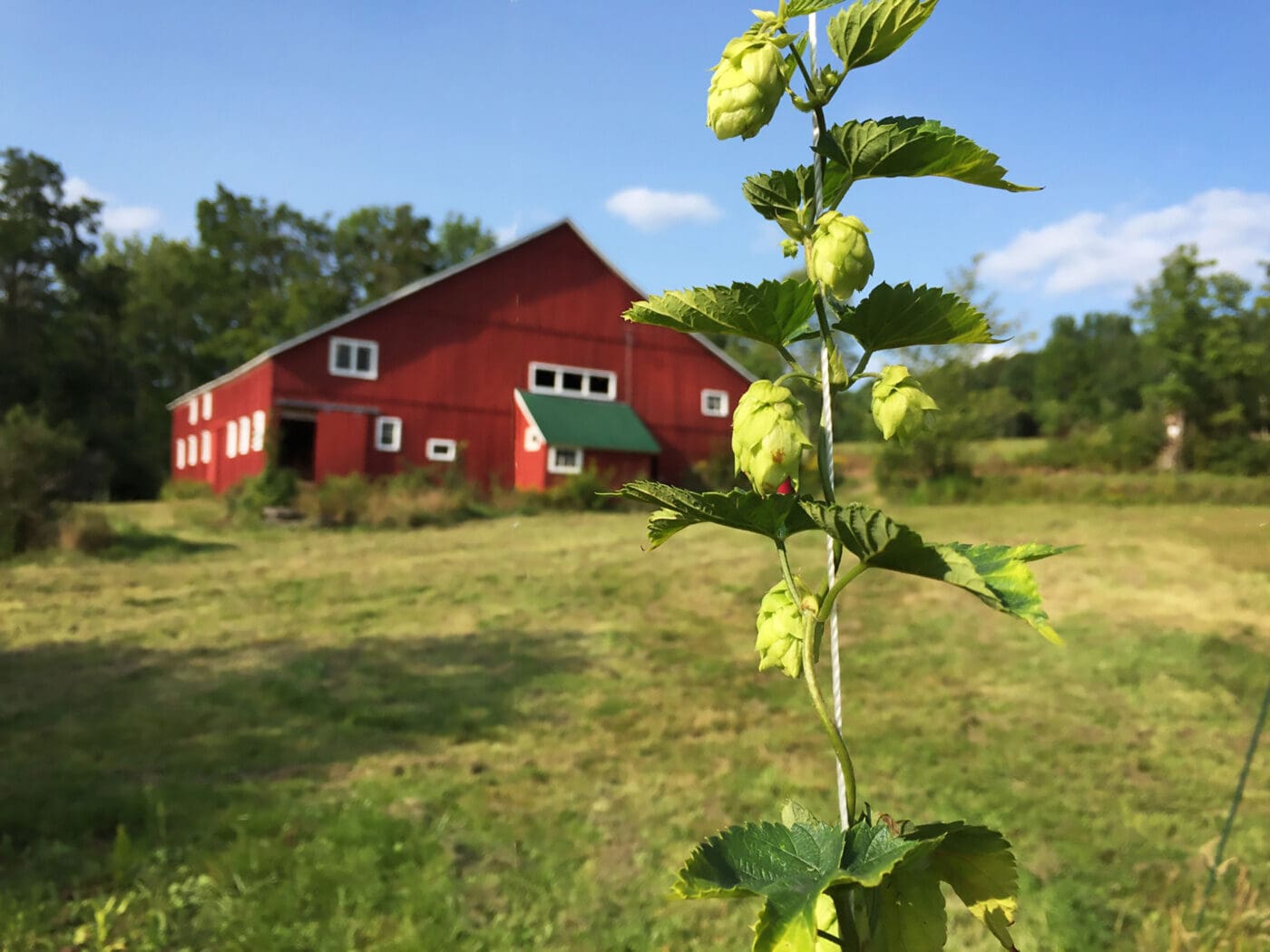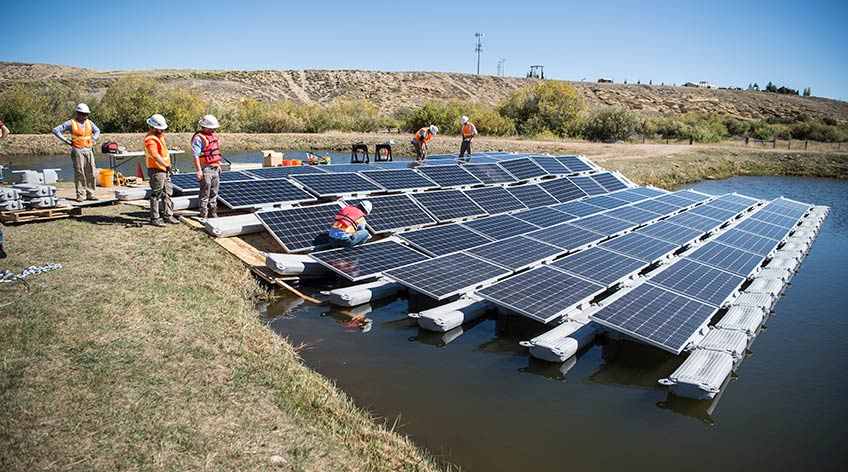Globally, Repair Cafes regularly gather people on nearly every continent to fix instead of throwing away broken items. The Hudson Valley hosted one of the very first in the United States nearly a decade ago, when the late John Wackman started Repair Cafe Hudson Valley in New Paltz in 2013. Today an estimated 3,000 repair groups meet worldwide with goals of reducing waste and chipping away at throwaway consumer culture.
Across the Hudson Valley and the Catskills, repair meetups are now held in some 31 locations — but since the start of the COVID-19 pandemic, they’ve adapted to fresh pressures. Those have included not only the loss of their passionate founder, but also stringent health protocols — and the national trends of buying more new goods.
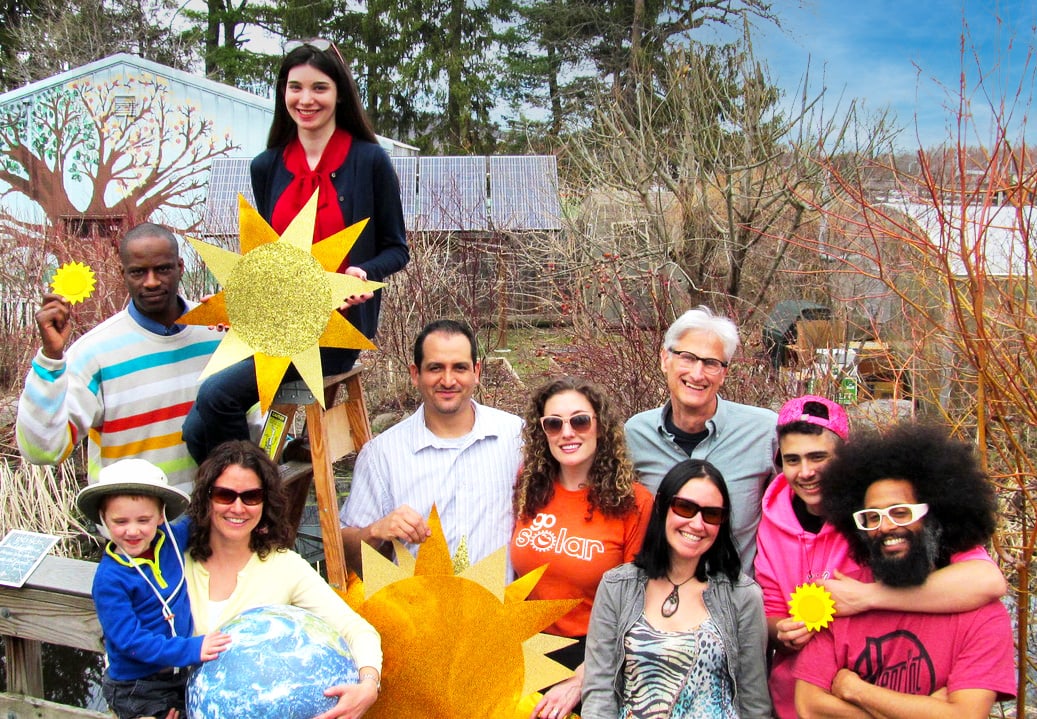
Among the biggest regional advocates of repairing rather than buying new are Melissa Everett of Sustainable Hudson Valley, which formally fiscally sponsors Repair Cafe Hudson Valley, and Sandra Goldmark, author of Fixation: How to Have Stuff without Breaking the Planet and an associate professor and director of campus sustainability and climate action at Barnard College. They agree that while the repair movement retains deep regional traction, it also faces new challenges.
The number of local Repair Cafes — which were largely held indoors pre-COVID-19 — dropped slightly during the height of the pandemic. But those that continued meeting are proving their resilience. And when many began meeting mostly outside, their users are placed themselves right in the natural environment they wanted to protect.
“Before the pandemic there were 40 that had met at least once, and there are a couple dozen that are regular, faithful, whether monthly or twice a year,” Everett says. “Because they are organized, resourceful, and smart, they have rolled with the pandemic.”
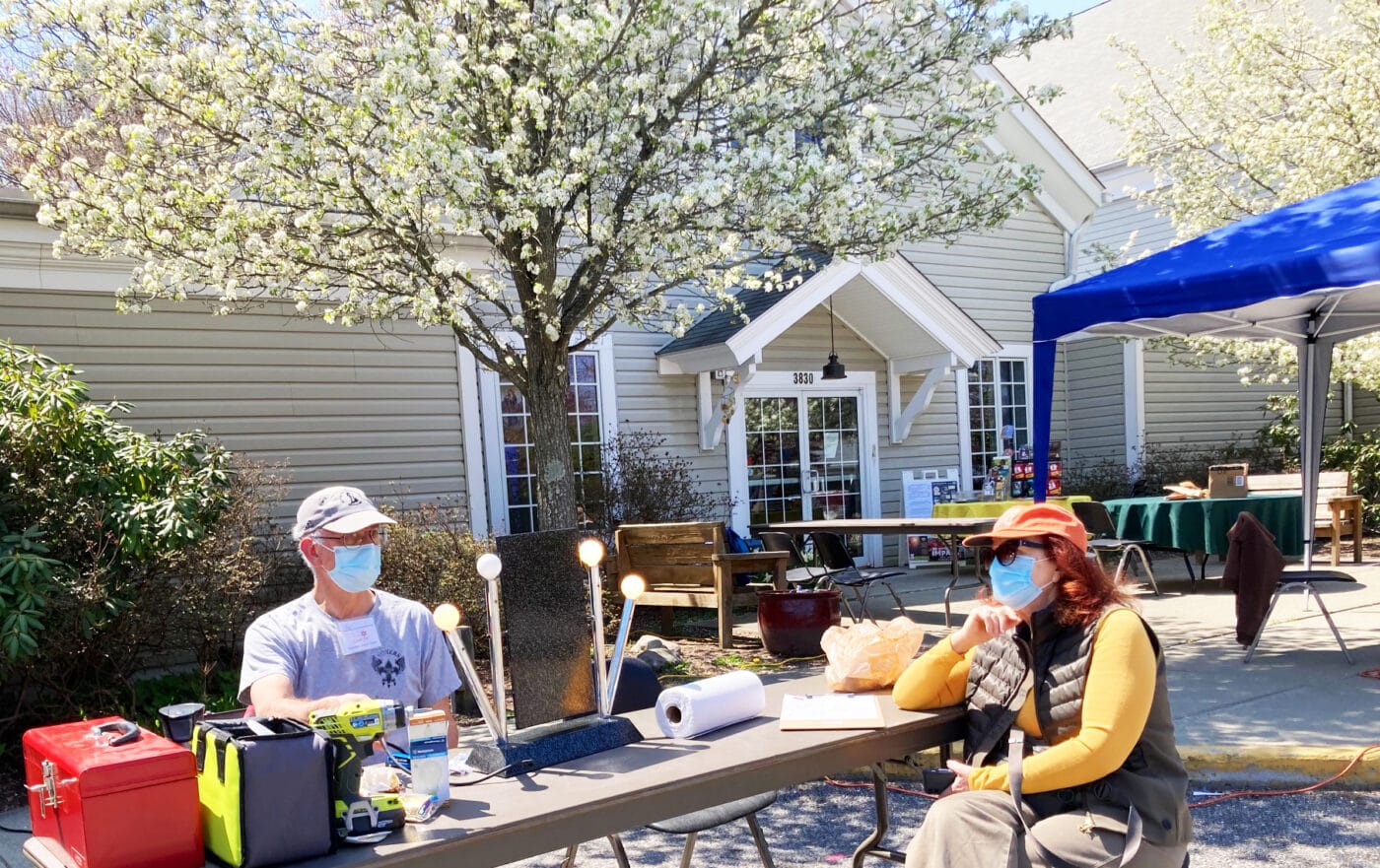
Some repair cafes, such as Repair Cafe Hastings, took advantage of technology by using video streaming and offering sessions focused on fixing a particular item, like bikes. For those that opted to go ahead with physical meetings, there were COVID-19 protocols in place, such as having only one masked person per table who would be paired with one masked repair coach.
“There will absolutely be a variety of outdoor Repair Cafes in the good weather,” Everett says, “and some way to get involved no matter what is going on in the world.”
For six years, until 2019, Sandra Goldmark ran her own social enterprise called Fix Up, which repaired items from toasters to sofas to vacuums. Unlike Repair Cafes, which are free, Fix Up charged customers a fee to fix their items. A year before the pandemic began, Goldmark closed the store to focus on promoting her book. However, on Sunday afternoons, she can still be found fixing items of neighbors and friends.
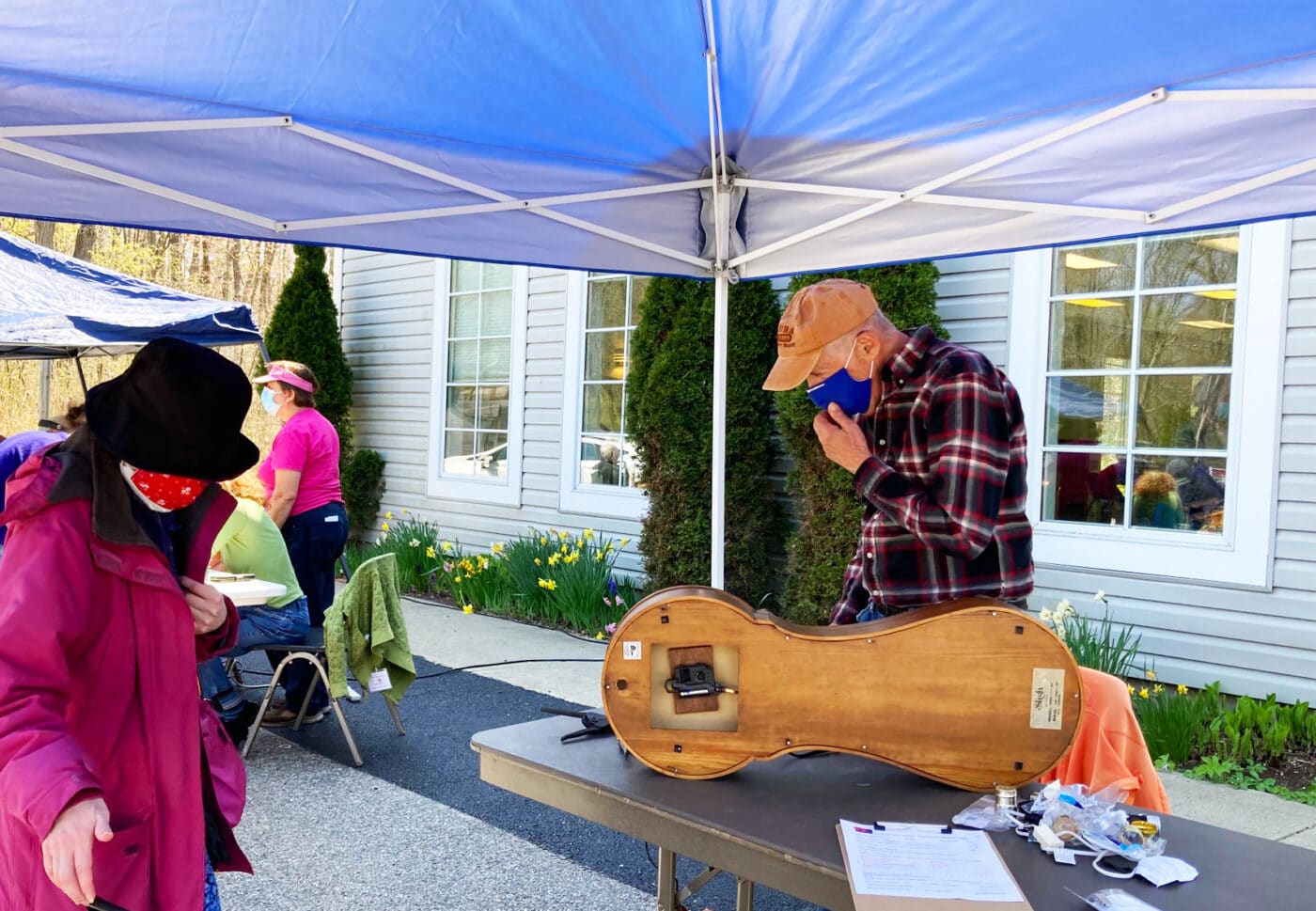
COVID-19 in some ways helped people evaluate their relationship with the things they own and reassess their waste. At the same time, new-goods purchases and emissions-heavy home deliveries began shooting up.
“On the one hand, we saw interest in craft projects and DIY, like cooking or repair,” Goldmark says. “On the other hand, purchases of new goods skyrocketed, especially online. We are seeing a real shift in terms of people’s perceptions of the urgency of climate change, but unfortunately that doesn’t seem to be translating into a shift in consumption patterns of material goods. In fact, the trend seems to be in the wrong direction.”
In terms of solutions to reducing waste, Goldmark says, “What we need is a bigger shift that includes individuals, businesses, and policymakers making the changes that will support and scale sustainable, circular practices. Luckily, there is a lot that individuals and communities can do, right away.”
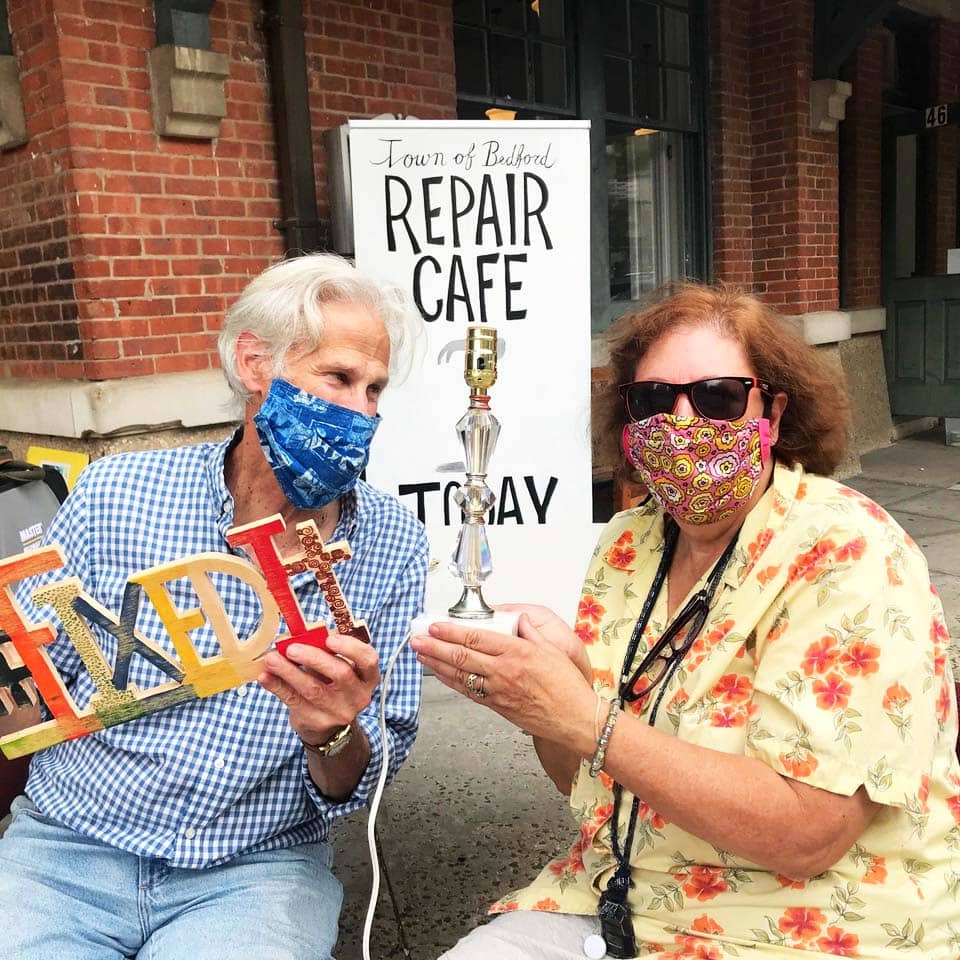
When it comes to things, she takes off on Michael Pollan’s guidelines for sustainable eating with five principles to keep in mind: Have good stuff, not too much, mostly reclaimed. Care for it. Pass it on.


